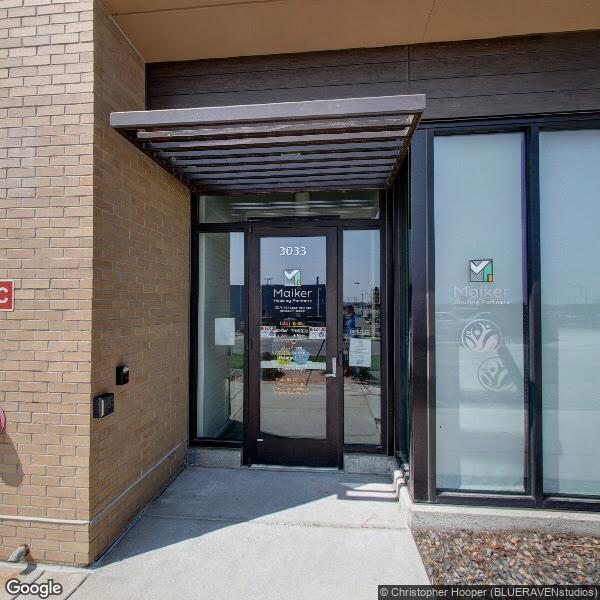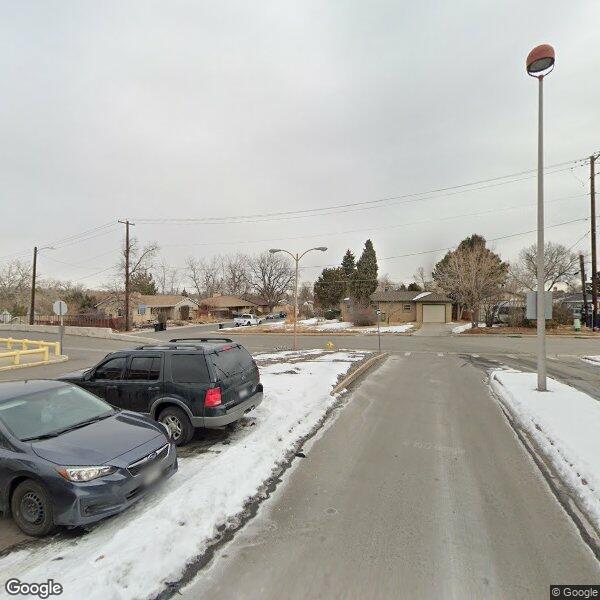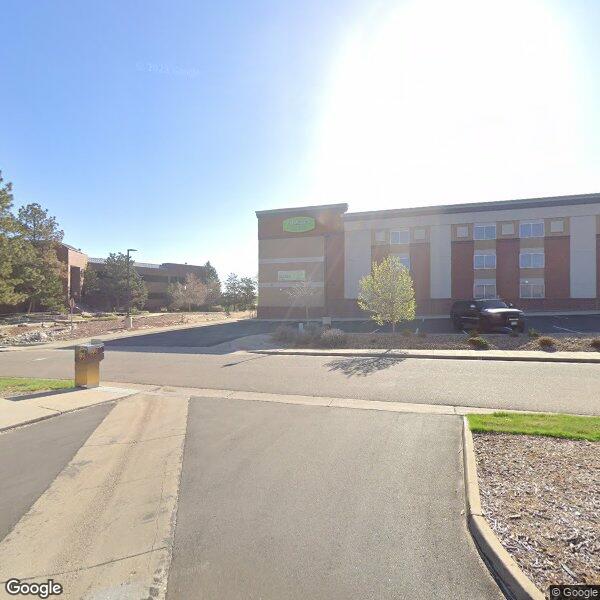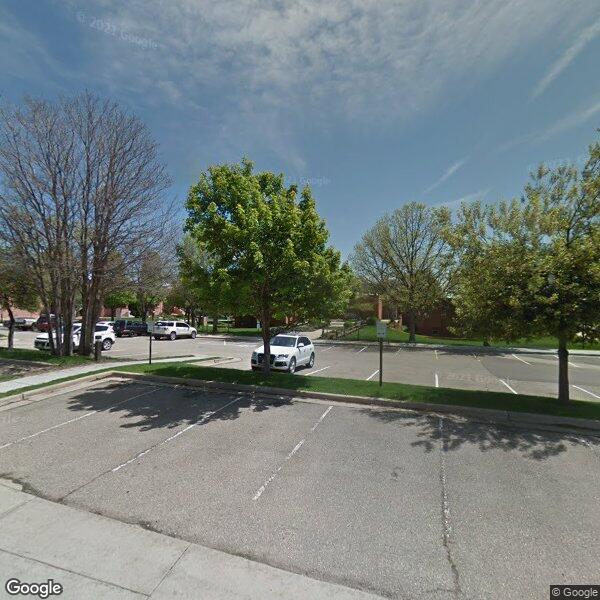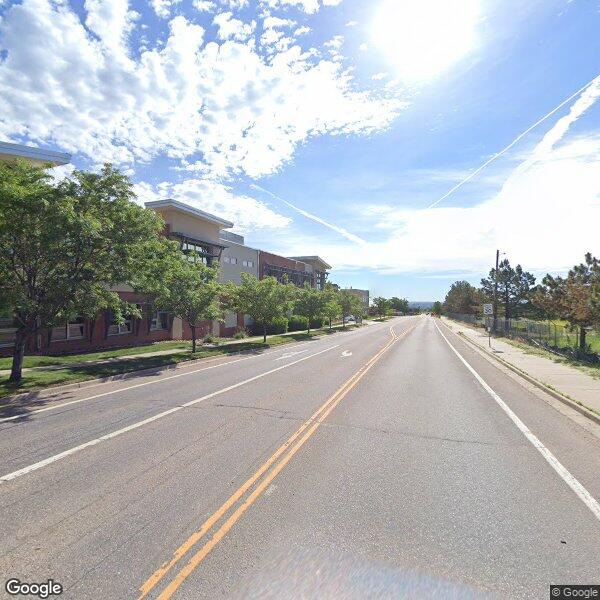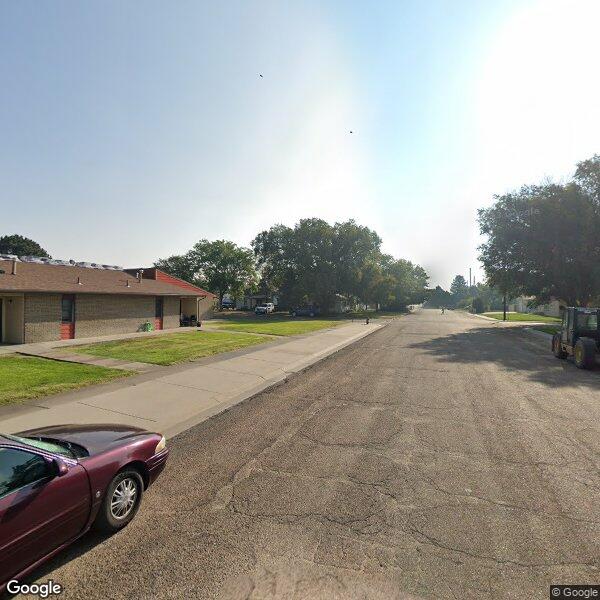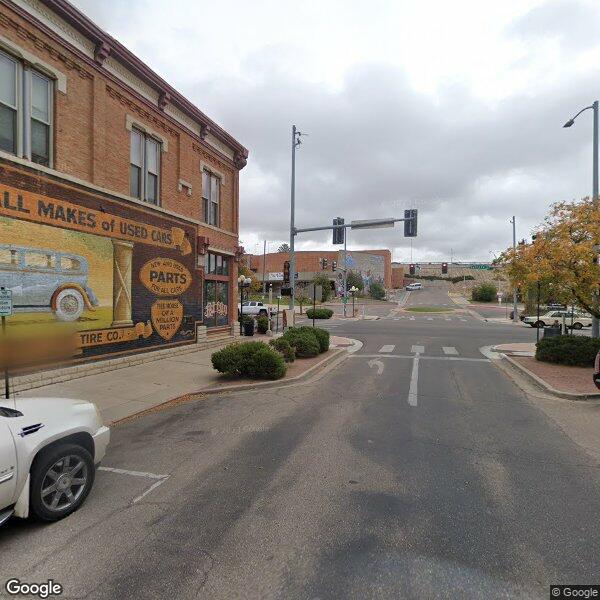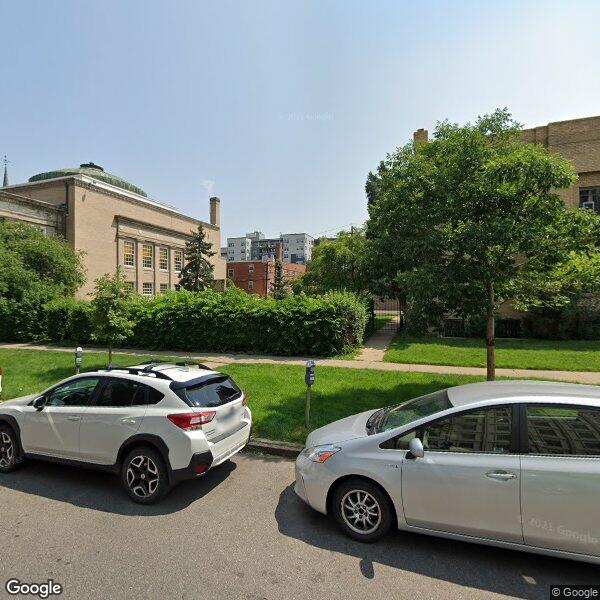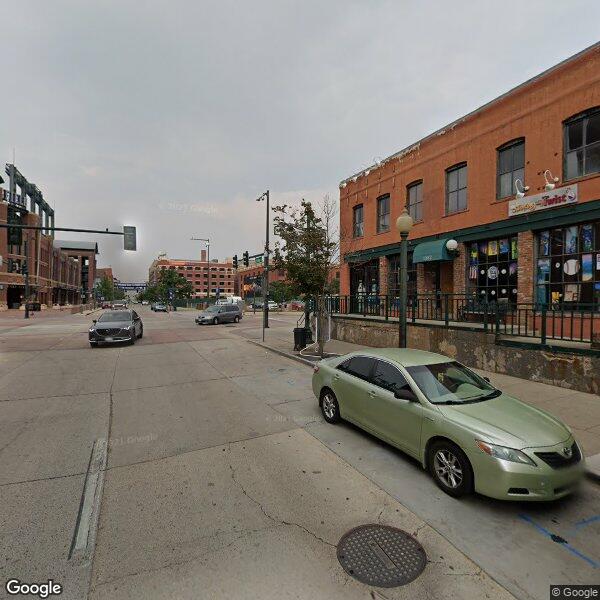The Colorado Guide to Section 8 Housing
Colorado’s unique housing challenges have made affordable housing a critical issue, particularly in high-cost areas like Denver and Boulder. Over 35% of all households in Colorado are cost burdened when it comes to housing. For low-income families and individuals, programs like the Section 8 Housing Choice Voucher Program provide an essential safety net, ensuring access to safe and affordable housing while addressing growing cost burdens statewide.
Administered by the U.S. Department of Housing and Urban Development (HUD) and local Public Housing Authorities (PHAs), Section 8 in Colorado helps participants bridge the gap between their income and the rising cost of rent. This guide provides a comprehensive overview of how the program works, who qualifies, and how to apply in the Centennial State.
What is Section 8 Housing in Colorado
Under Section 8, eligible participants receive vouchers that subsidize a portion of their monthly rent. Participants can use these vouchers to rent housing from private landlords who agree to participate in the program. This federal initiative, administered by the U.S. Department of Housing and Urban Development (HUD) and local Public Housing Authorities (PHAs), ensures that those with limited financial means have access to decent, safe, and sanitary housing.
In Colorado, PHAs play a critical role by determining eligibility, managing waiting lists, and facilitating landlord-tenant agreements.
What is the Most Section 8 Will Pay in Colorado?
The amount that Section 8 in Colorado will pay toward rent varies depending on several factors, including the participant's income, the size of their household and the rental market conditions in the specific area. The program sets payment standards, which are the maximum amounts that a housing authority is willing to subsidize for different sizes of units.
Participants usually have to pay approximately 30% of their adjusted monthly income toward rent and utilities. This program covers the difference between the participant's contribution and the payment standard set by the housing authority. High-cost areas like Denver, Boulder, and Aspen have higher payment standards due to elevated rental costs, while rural regions may have lower FMRs.
Fair Market Rent
The HUD Section 8 program pays rents for low-income households directly to private landlords. The Housing Authority of Colorado will pay about 70% of a tenant’s rent, while the tenant will pay the other 30%. Fair Market Rents generally determine the maximum rent that a Section 8 landlord will be allowed to charge their residents. The table below shows current fair market rents for Colorado.
What are the Colorado Section 8 Housing Requirements?
The requirements for Section 8 in Colorado are set by the U.S. Department of Housing and Urban Development (HUD) and are administered by local PHAs. While specific eligibility criteria may vary slightly among different PHAs, the general requirements include:
- Income Eligibility: Household income must fall below HUD’s limits, which vary by family size and location.
- Citizenship or Immigration Status: Applicants must be U.S. citizens or have eligible immigration status.
- Background Check: All adult household members are subject to background checks, with certain criminal convictions potentially disqualifying applicants.
- Rental History: A satisfactory rental history is required, including compliance with prior lease agreements.
- Family Composition: Household size and relationships are considered in determining voucher eligibility.
Applicants and participants must comply with the rules and regulations of the Section 8 program. This includes attending required meetings and providing accurate and timely information to the PHA.
What are the Income Limits for Housing Assistance Programs in Colorado?
The guidelines for income caps are typically expressed as a percentage of the area median income (AMI) and are categorized by the number of individuals in a household. Different programs and eligibility criteria may have varying income guidelines. Generally, the lower the income compared to the area median income, the higher the likelihood of qualifying for assistance.
To get specific and up-to-date income limit information for housing assistance programs in a particular location in Colorado, individuals should refer to the official HUD website or contact their local PHA.
Income Limit
Income Limits are maximum income limits allowed based on household size. The following limits were established by HUD for low income households to be eligible for housing assistance in Colorado for 2024.
How Long Does it Take to Get Approved for Section 8 in Colorado?
The amount of time it takes to get approved for Section 8 in Colorado can vary based on several factors. After submitting an application, the PHA typically reviews the application to ensure it is complete and accurate. Depending on a number of factors including the possible backlog of applications, applicants may need to wait for their applications to be processed.
Some PHAs prioritize certain applicants based on preferences or specific needs, such as families with children, elderly individuals or those experiencing homelessness. This can affect the waiting time for approval.
How To Qualify for Section 8 in Colorado
To qualify for Section 8, applicants must:
- Meet income requirements relative to HUD’s limits.
- Provide documentation of U.S. citizenship or eligible immigration status.
- Pass background checks for all household members.
- Demonstrate compliance with prior rental agreements.
Priority may be given to households with elderly or disabled members or those experiencing homelessness.
How To Apply for Section 8 Housing in Colorado
To apply for Section 8 in Colorado, follow these general steps and keep in mind that specific procedures may vary by local PHA.
- Contact Your Local PHA: Identify the PHA serving your area and gather information on eligibility requirements. Visit the HUD PHA Directory for contact details.
- Check Eligibility: Review income limits and other criteria.
- Gather Documentation: Collect required documents, including proof of income, identification, and household details.
- Complete the Application: Provide accurate and thorough information on the application form.
- Submit the Application: Follow the PHA’s submission instructions, whether online, in person, or by mail.
- Wait for Processing: Applications are reviewed, and eligible participants may be placed on a waiting list.
You will be informed once you have been approved for a Section 8 Voucher, and can then select the appropriate housing for your needs.
Can I transfer my Section 8 Voucher to Colorado?
It is generally possible to transfer a Section 8 voucher to Colorado, but the process is subject to certain conditions and procedures. The transfer of a voucher is known as "portability." Those who have a Section 8 voucher in another state and wish to move to Colorado should start by contacting their current PHA. Inform them of the intention to move and inquire about the portability process.
Can I Buy a House with a Section 8 Voucher in Colorado?
In Colorado, those who wish to buy a home can use their Section 8 housing voucher to make this purchase. However, this form of housing assistance is only available to those with mental or physical disabilities. After making a home purchase, participants work with a local coordinator to receive homeownership-related services. These can include budget assistance, individual case management and employment assistance.
What are the Public Housing Authorities in Colorado?
PHAs conduct several tasks to administer Section 8 in Colorado. For example, these housing authorities help process applications and distribute vouchers to those who qualify for this program. Additionally, PHAs oversee the management of public housing units. Not only do these organizations maintain and operate these properties, but they also ensure they meet standards for health and safety.
Colorado Waiting List for Section 8 Housing
Waiting lists for Section 8 in Colorado vary by location. High-demand areas like Denver and Colorado Springs often have long waiting periods, while smaller cities or rural regions may have shorter lists but fewer available vouchers.
Contact your local PHA for current waiting list updates.
Is Emergency Housing Assistance Available in Colorado?
Emergency housing assistance is available in Colorado through various programs and organizations. These programs aim to provide immediate help to families and individuals facing housing crises, homelessness or other urgent housing needs.
To access emergency housing assistance in Colorado, contact local government agencies, nonprofit organizations and community resources. Additionally, individuals can visit official state websites and inquire about available programs and services.
Emergency Rental Assistance Serving Colorado
Adams County Emergency Rental Assistance Program
Program Type: County
Details: Offers emergency rental assistance, covid relief, utility assistance and more
Arapahoe County Rent, Mortgage and Utility Assistance
Program Type: County
Details: Offers emergency rental assistance, covid relief, utility assistance and more
Colorado Emergency Rental Assistance Program (ERAP)
Program Type: State
Details: Offers emergency rental assistance, covid relief, utility assistance and more
Denver City and County Emergency Rental Assistance Program (ERAP)
Program Type: City
Details: Offers emergency rental assistance, covid relief, utility assistance and more
Douglas County Emergency Rental Assistance
Program Type: County
Details: Offers emergency rental assistance, covid relief, utility assistance and more
Emergency Rental and Utility Assistance (ERA)
Program Type: County
Details: Offers emergency rental assistance, covid relief, utility assistance and more
Jefferson County Emergency Assistance COVID-19
Program Type: County
Details: Offers emergency rental assistance, covid relief, utility assistance and more
Larimer County Emergency Rent Assistance Program
Program Type: County
Details: Offers emergency rental assistance, covid relief, utility assistance and more
Colorado Section 8 Resources
Section 8 in Colorado provides critical support to low-income individuals and families, ensuring access to safe and affordable housing in a state where rental costs continue to rise. Whether you’re applying for the first time or transferring a voucher, understanding the program’s requirements and process is key to securing assistance.
Our resources provide more information about affordable housing options, including the Section 8 program and how it works.



